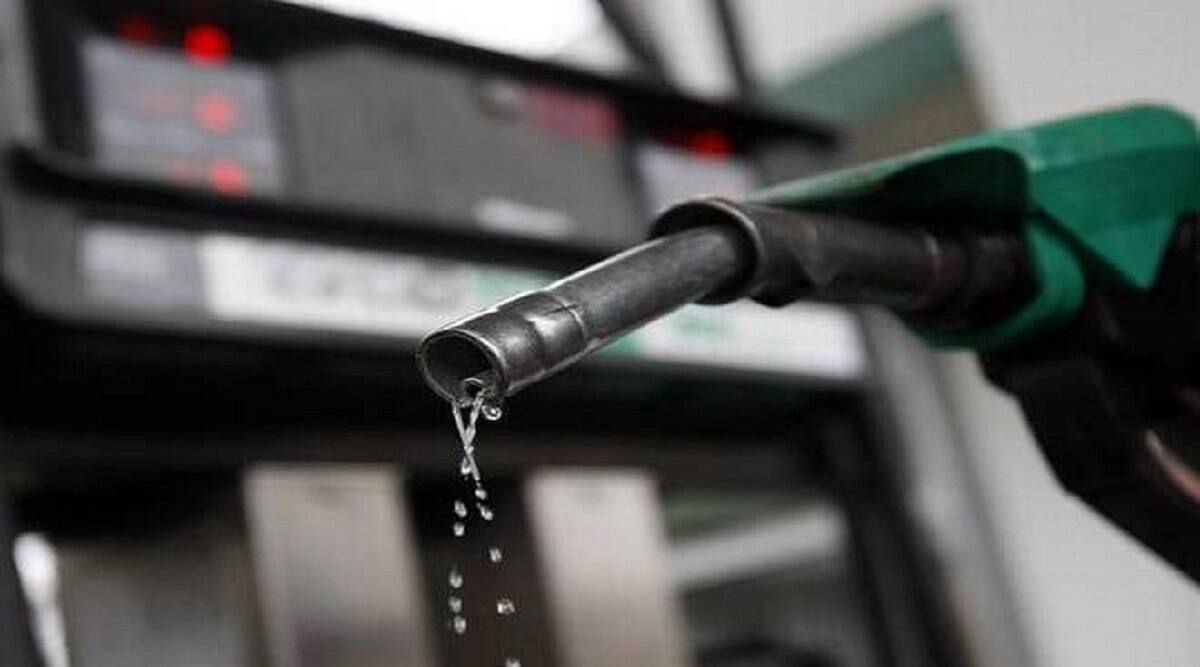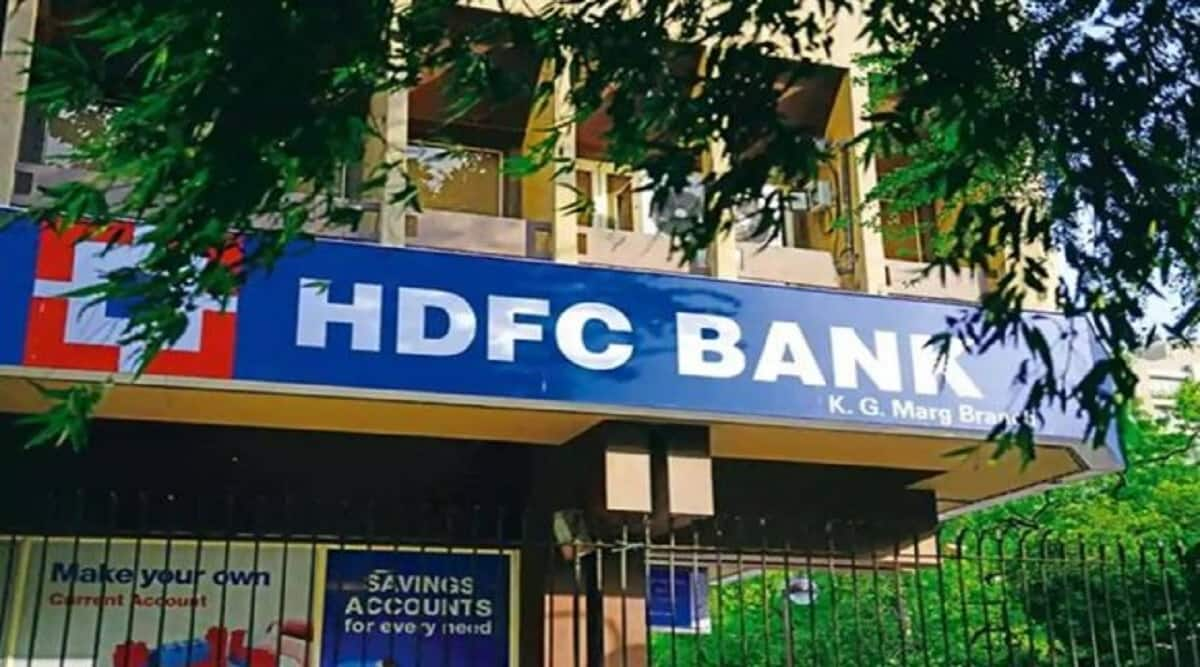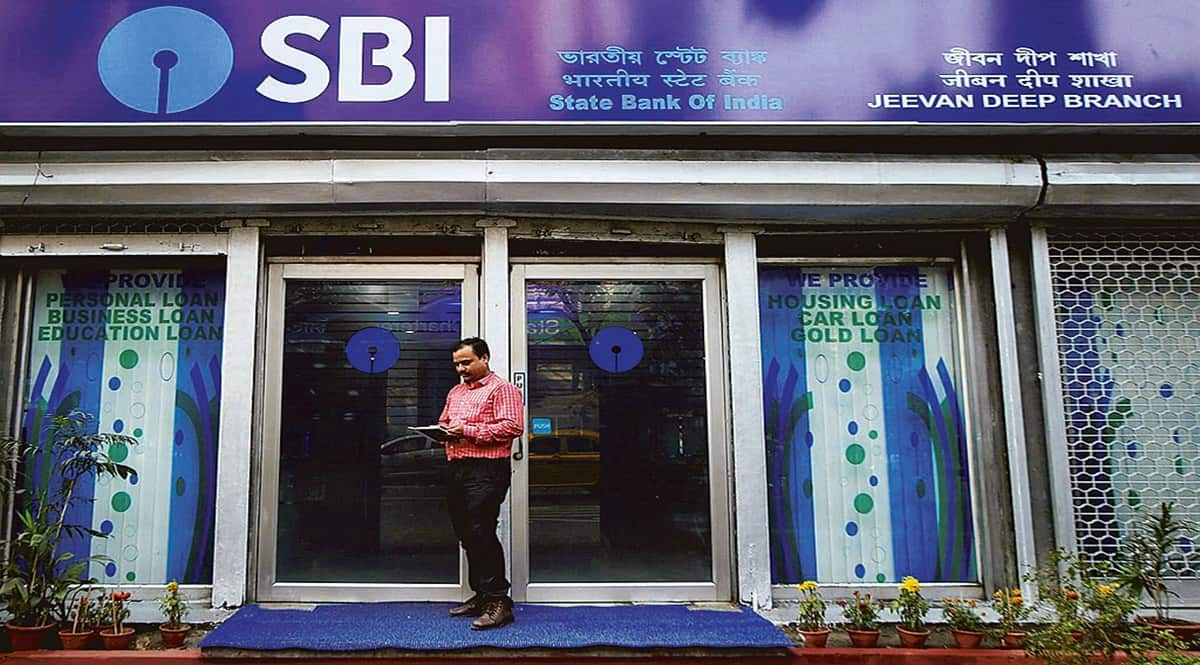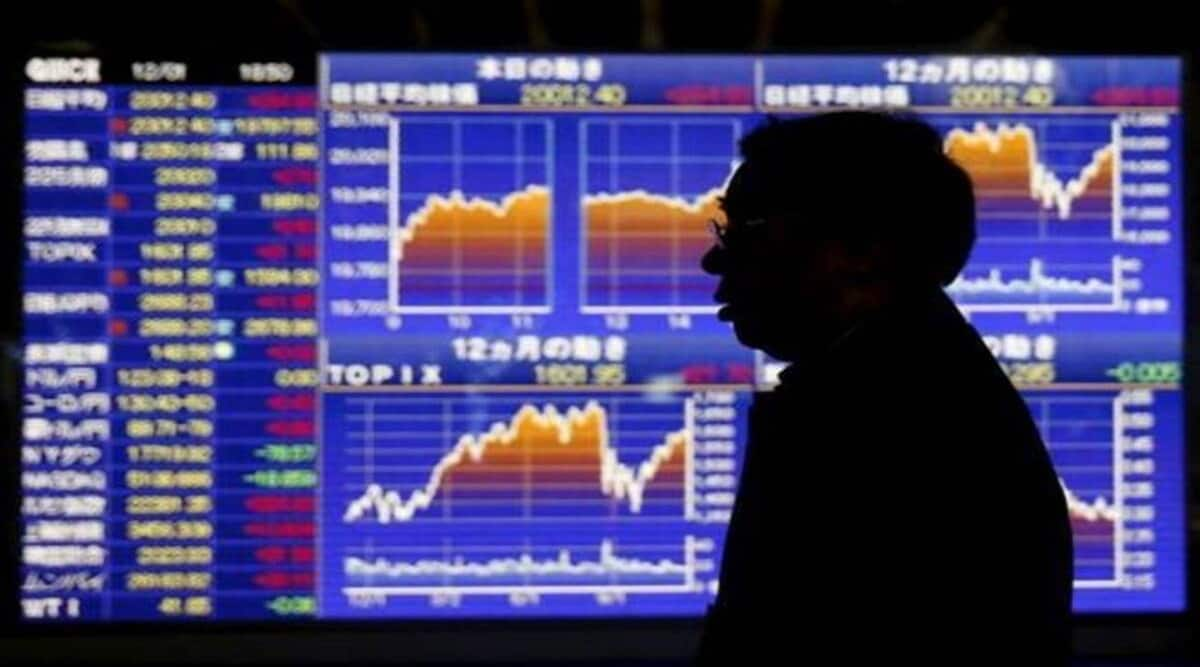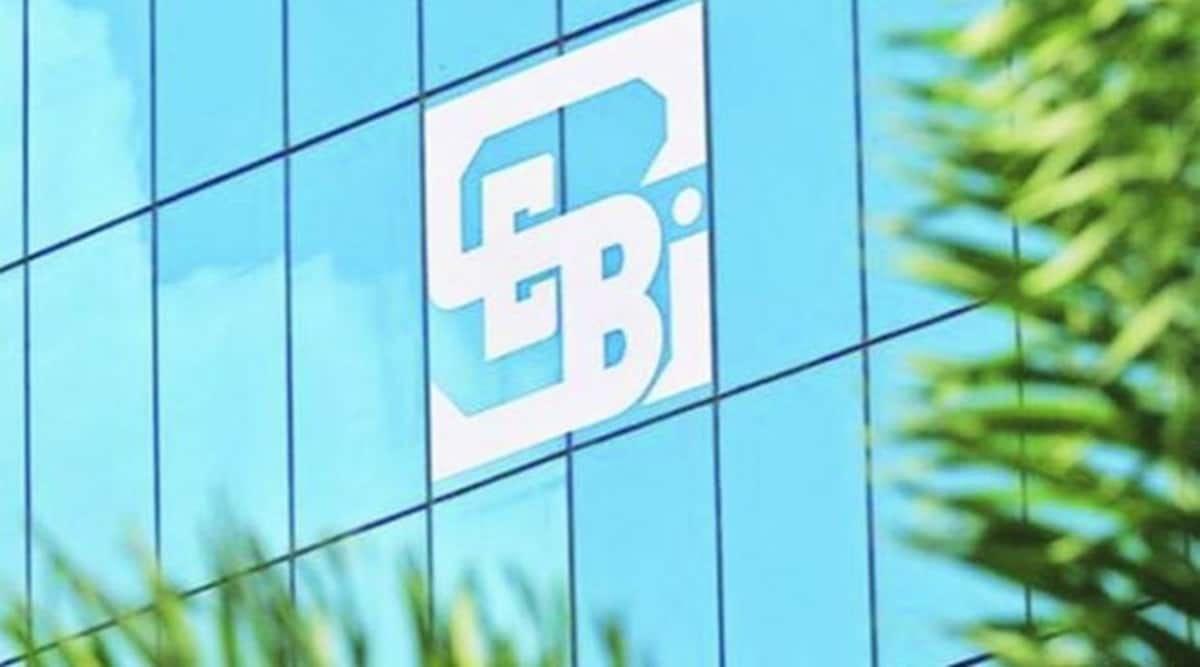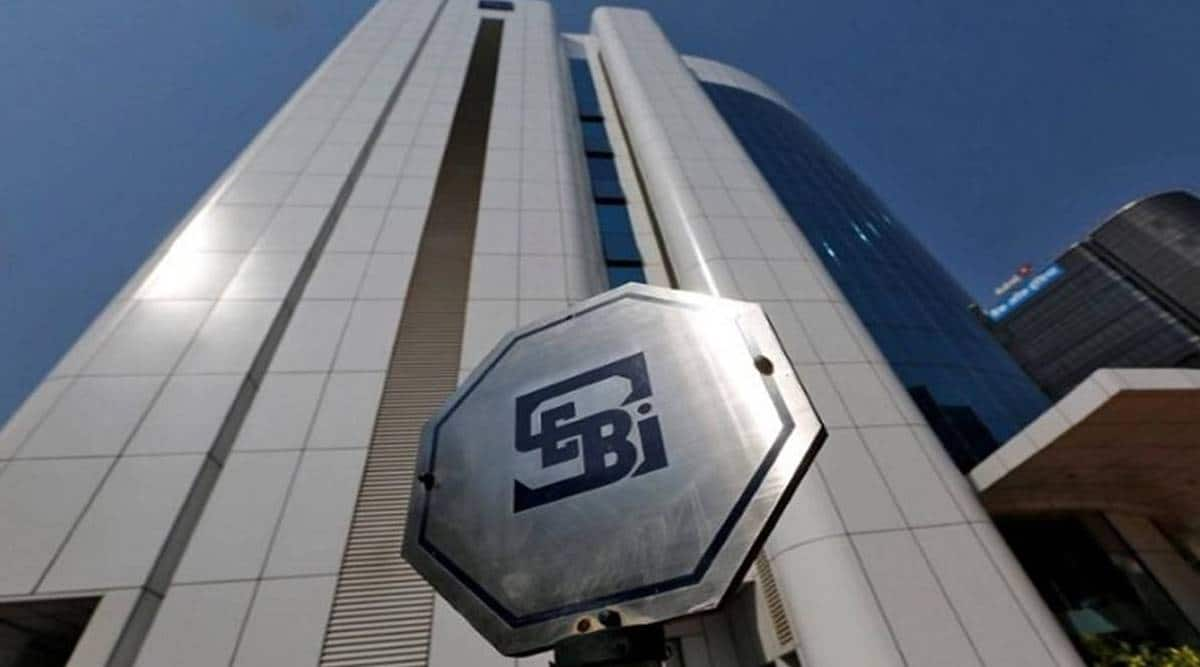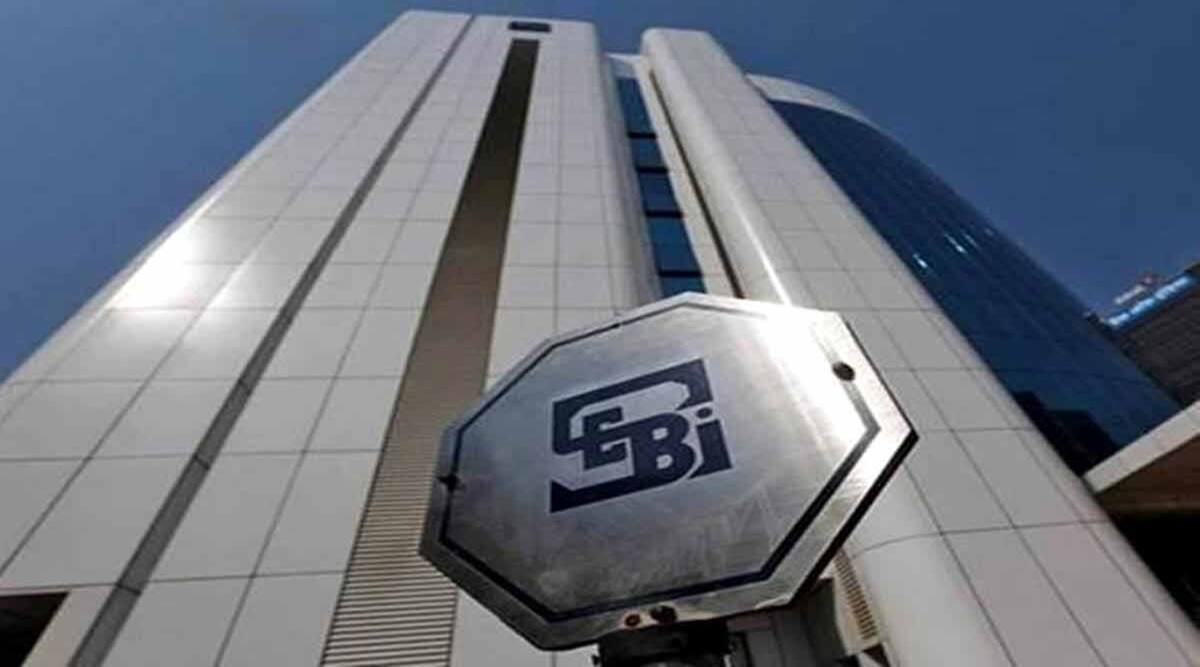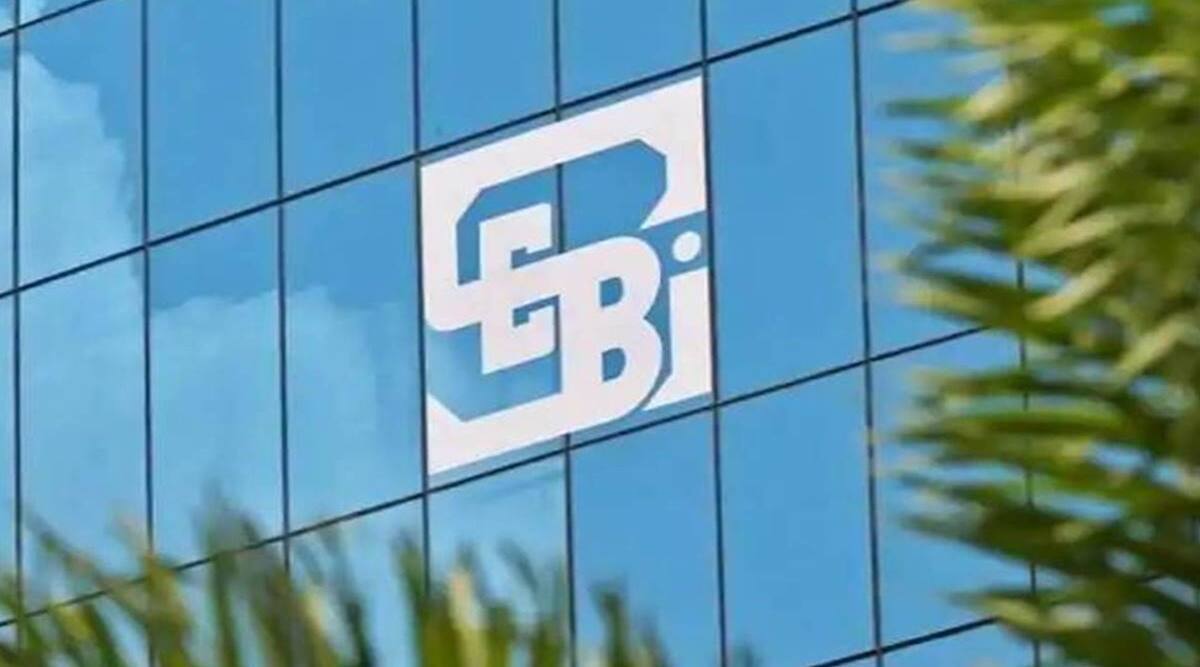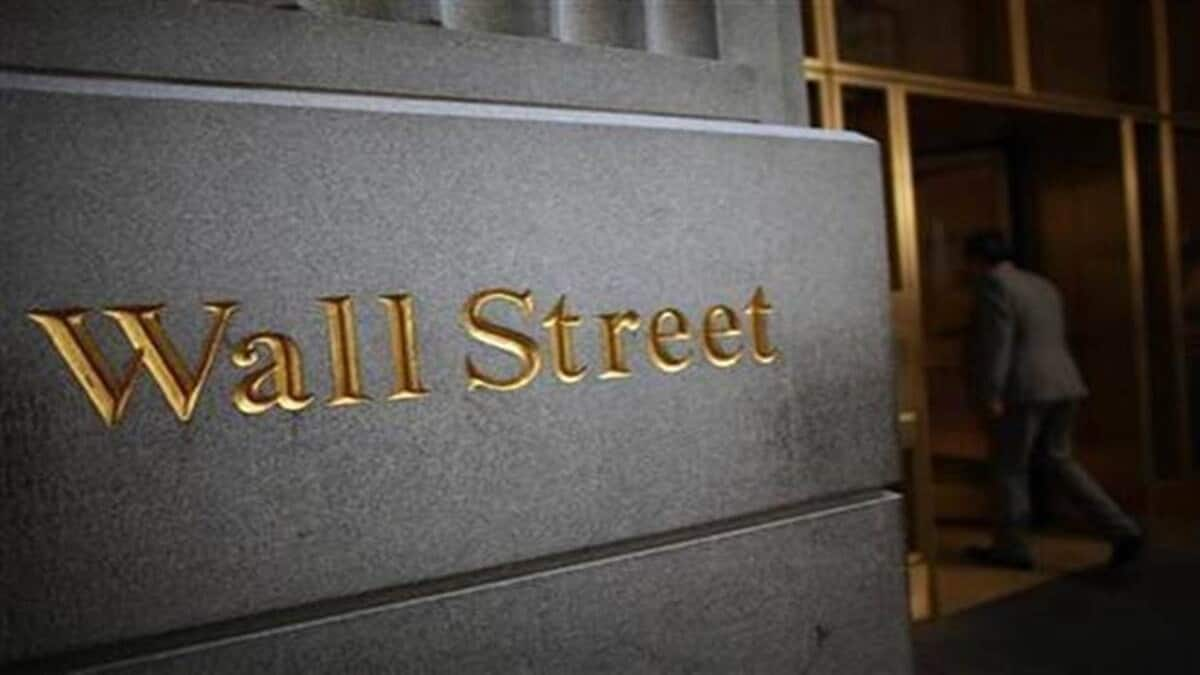Despite the export taxes on auto fuels, state-run oil marketing companies (OMCs) continue to bear the extra burden of ensuring steady supply of fuels. Customers are giving private retail outlets a miss because petrol and diesel are costlier at these stations by Rs 7/litre and Rs 5/litre, respectively.
Nearly 60 million people visit retail fuel outlets in the country on a daily basis.
India had a little over 83,000 retail fuel outlets, as of May-end, of which around 8-9% belong to private sector. On an average, OMCs cater to around 90% of the domestic transport fuel demand.
A senior official said OMCs’ share in retail sales has gone up even higher in recent months since private retailers started preferring lucrative export markets than the domestic market following the western world-imposed sanctions on Russia since its aggression against Ukraine.
The government tried to arrest such tendencies of the private retailers first by extending the scope of the universal service obligation (USO) in the middle of June to even rural areas and later by making exports of petrol and diesel dearer by levying cess – Rs 6 a litre for petrol and Rs 13 a litre for diesel – through a notification issued on June 30.
Though these moves have eased supply constraints in private retail outlets, higher prices compared with OMCs have not helped customers. “Volumes have not shifted yet to them owing to higher prices. OMCs are still catering to around 95-96% of the demand,” the official said.
OMCs have not raised prices since May 22 even as oil prices remain elevated and they were incurring under-recoveries of Rs 19.9 a litre for petrol and `36.5 per litre for diesel at the end of June.
The decline in the Indian basket, a mix of sour and sweet grade of crude India imports, to below $100/barrel on July 14 after hitting a decadal high of $121.18 a barrel on June 22, may provide OMCs some cushion. On July 14, the Indian basket was trading at $99.76 a barrel.
Jio-BP, which has 1,470 retail outlets across the country, said to avoid inconveniencing customers, the company had held back any price increase over prevailing RSP even at the cost of losing over Rs 2,000 crores in the last 3-4 months.
“While Jio-BP has continued servicing customers at all its outlets, persistent adverse circumstances have compelled the company to nominally revise the retail selling price of petrol and diesel which have also been rolled back partly,” Jio-BP said an e-mail response to FE. “Jio-bp will continue to absorb substantial losses even at the revised prices,” the company said.
Jio-BP said the company is ensuring fuel supply to meet the customer demand across the country and undertaking daily stock monitoring and replenishment to make sure that there are no dry-outs at its outlets and has ensured the same over the last two weeks. Nayara did not respond to FE’s queries in this regard.
